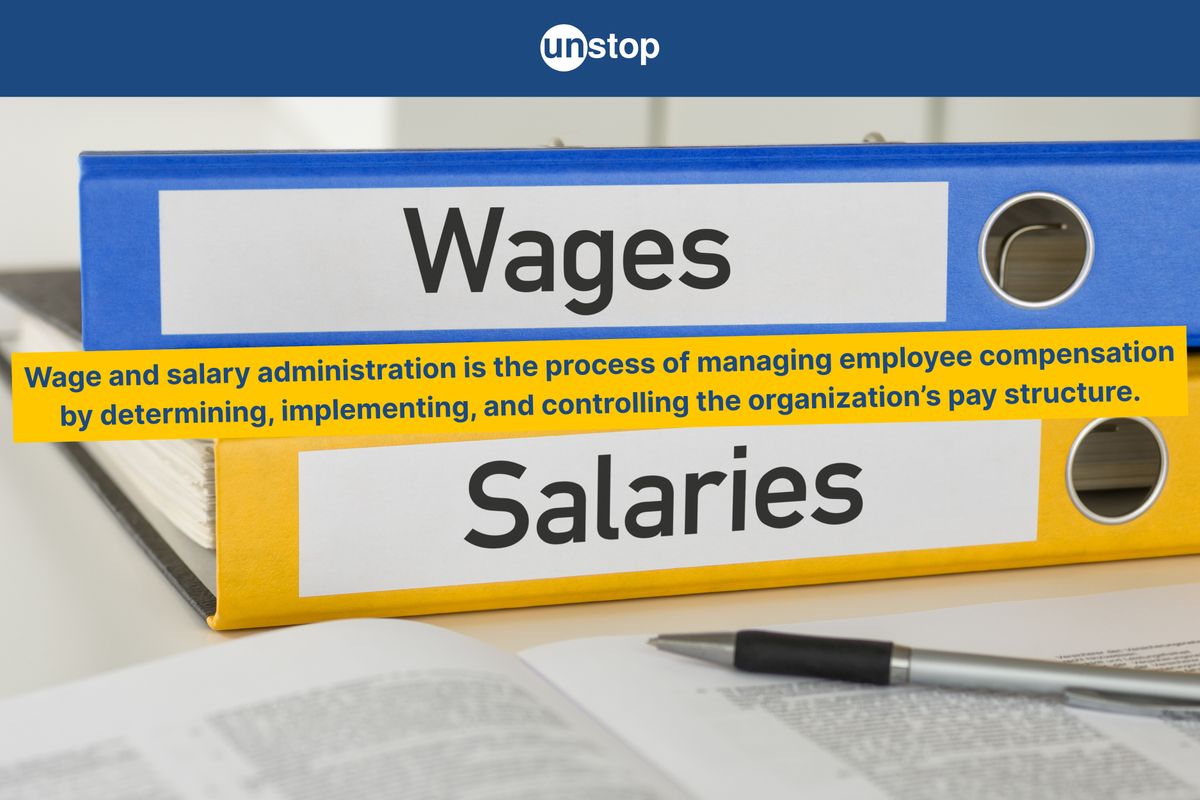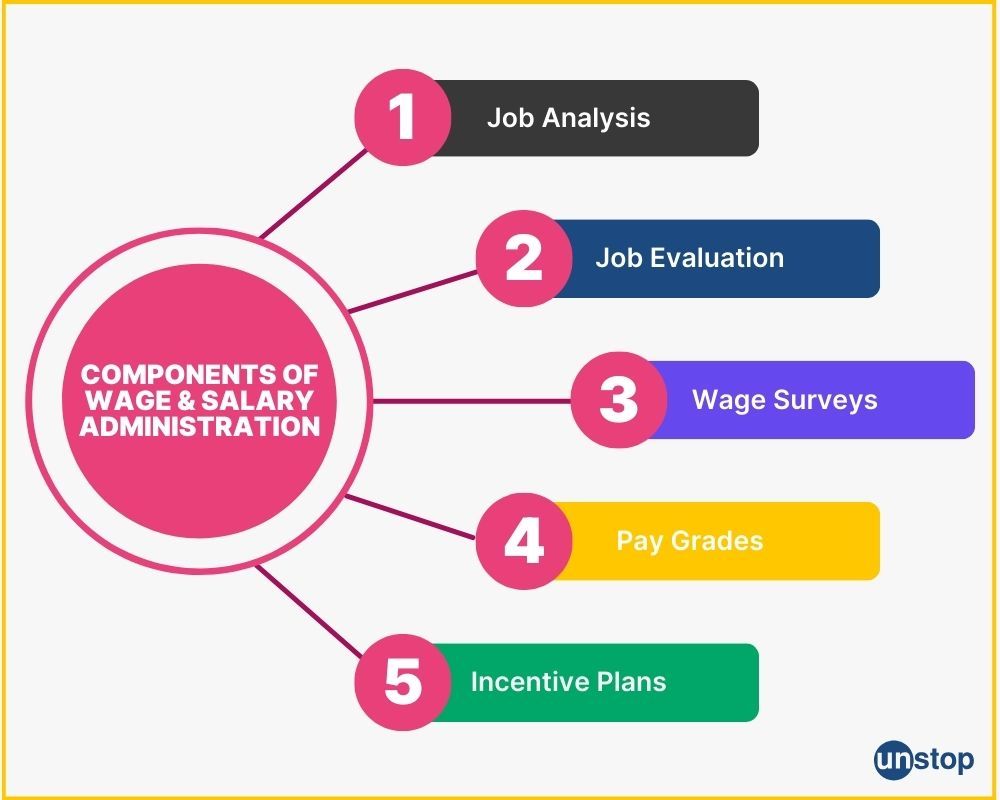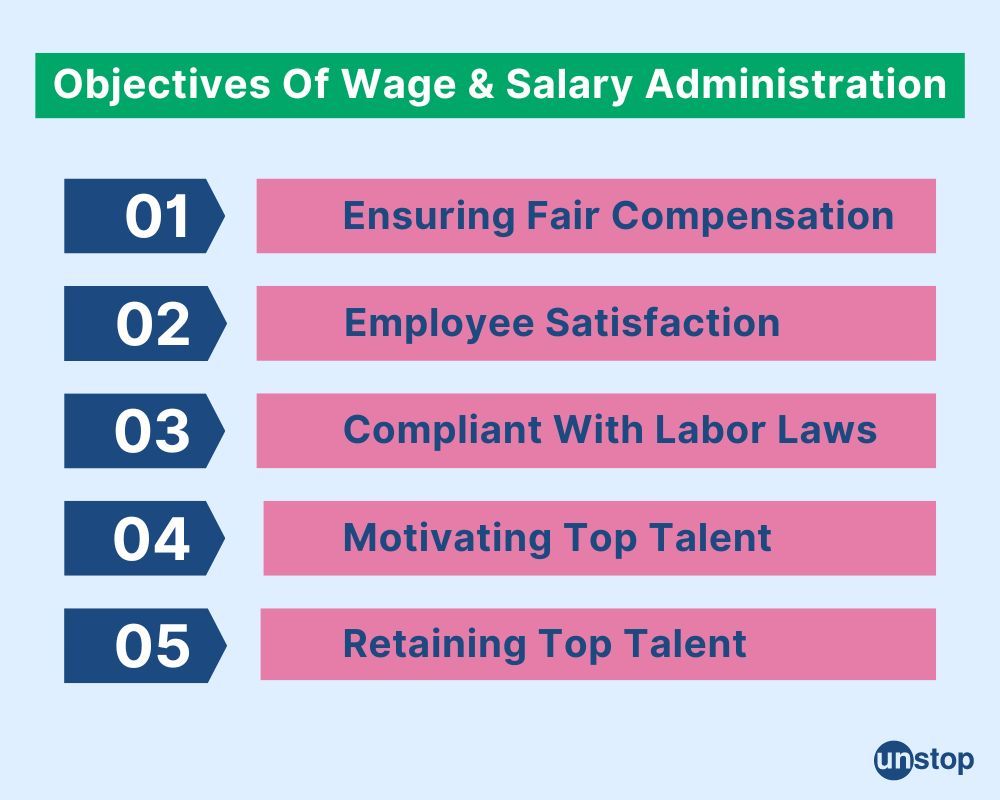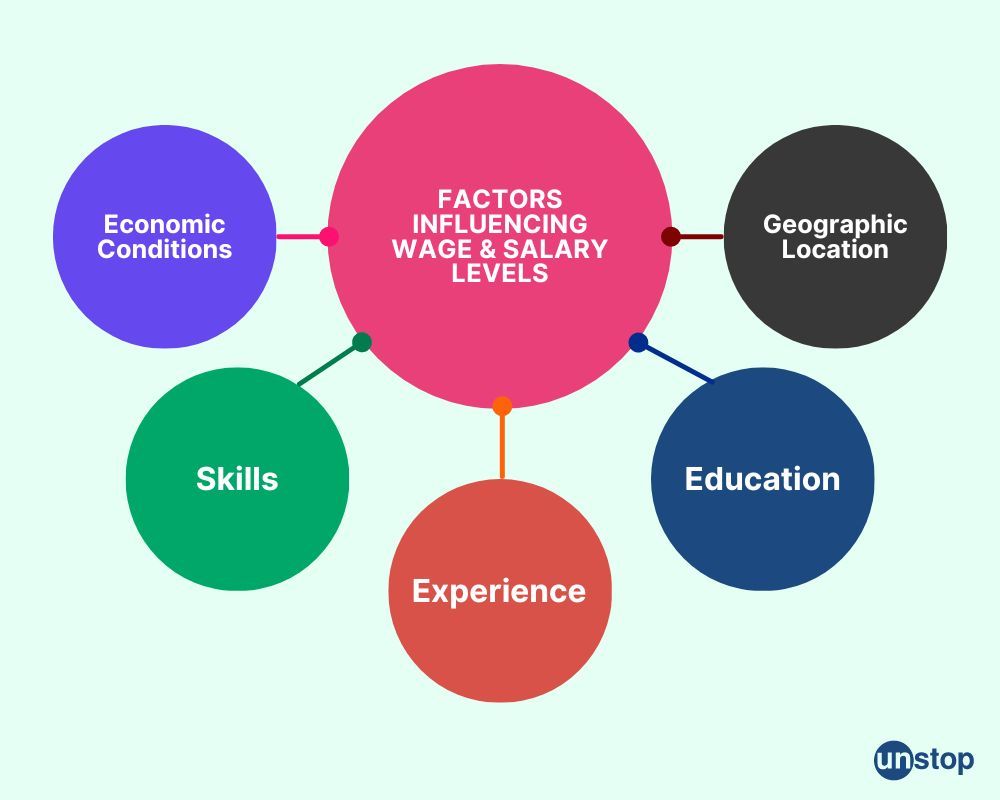- What is Human Resource Management (HRM)?
- Importance of HRM in an Organization
- What are the key Objectives of HRM?
- What are the main functions of HRM?
- Scope of HRM in an Organization
- Role Of HRM in an Organization
- Technology Integration & Future Trends in HRM
- Career Paths In Human Resource Management
- Conclusion
- Frequently Asked Questions (FAQs)
- Simulation Training: Understanding the Concept
- Evolution of Training Methodologies
- Benefits of Simulation Training
- Implementing Simulation Training in Organizations
- Future Simulation Training Trends
- Summing Up
- Frequently Asked Questions
- What do you mean by Performance Appraisal?
- Purpose & Objective of Performance Appraisal
- Types of Performance Appraisal
- Methods of Performance Appraisal: Benefits & Drawbacks
- Understanding the Working of Performance Appraisal
- Benefits of Performance Appraisal with Examples
- Criticisms & Limitations Of Performance Appraisal
- Conclusion
- Frequently Asked Questions (FAQ)
- Job Analysis: Definition & Importance
- Job Analysis: Key Components
- Identifying The Right Moment For Job Analysis
- Navigating Job Analysis Process
- Distinguishing Job Analysis & Evaluation
- Using The Findings Of Job Analysis
- Conclusion
- Frequently Asked Questions (FAQs)
- Deciphering Training & Development
- Difference Between Training, Development & Learning
- Significance Of Training & Development In HRM
- Benefits Of Training & Development For Organizations
- Types & Methods Of Employee Training
- Building Blocks Of Training Programs
- Trends & Innovation In Employee Training
- Strategic Integration With Talent Management
- Addressing Challenges In Training & Development
- Frequently Asked Questions (FAQs)
- Understanding Strategic Human Resource Management
- Scope Of Strategic Human Resource Management
- Creating A Strategic HR Plan In 7 Steps
- Different Approaches To Strategic Human Resource Management
- Importance Of Strategic Human Resource Management
- Characteristics Of Strategic Human Resource Management
- Frequently Asked Questions (FAQs)
- What is Selection Procedure in HRM?
- Stages Of Selection Procedure In HRM
- Making Informed Decisions With Job Offers
- Onboarding Strategies For New Hires
- Best Practices In Selection Procedure
- Conclusion
- Frequently Asked Questions (FAQs)
- Definition Of Human Resource Planning
- Understanding The Essence Of Human Resource Planning
- Key Objectives & Importance Of Human Resource Planning
- Strategic Alignment Of Human Resource Planning
- Core Steps Involved In Human Resource Planning Process
- Analyzing Labor Market Dynamics
- Tools & Techniques For Human Resource Planning
- Common Challenges & Solutions In Human Resource Planning
- Future Trends Influencing Human Resource Planning
- Measuring Success & Progress In Human Resource Planning
- Frequently Asked Questions (FAQs)
- Concept & Purpose Of Job Evaluation
- Overview Of Job Evaluation Methods
- Importance Of Implementing A Job Evaluation System
- Steps To Conduct A Thorough Job Evaluation
- Selecting Appropriate Method For Job Evaluation
- Establishing Job Evaluation Committee
- Advantages & Limitations Of Job Evaluation Techniques
- Maintaining & Updating Job Evaluation Process
- Frequently Asked Questions (FAQs)
- What is Training Needs Analysis?
- Purpose of Training Needs Analysis
- What are the Types of Training Needs Analysis?
- 7 Key Steps to Conduct Training Needs Analysis
- Methods of Data Collection for TNA
- What are the Benefits of Training Needs Analysis?
- Conclusion
- Frequently Asked Questions (FAQ)
- Types of Training Methods
- On-the-Job Training Methods (Learning by Doing)
- Off-the-Job Training Methods (Structured Learning)
- Microlearning & Mobile Learning
- Peer-to-Peer & Self-Directed Learning
- Choosing The Right Method
- Traditional Vs Modern Training Techniques
- Evaluating The Different Types Of Training Methods
- The Future of Training
- Conclusion
- Frequently Asked Questions (FAQs)
- What is Job Design in HRM?
- Methods of Job Design: Key Strategies
- The Impact of Taylorism on Job Design
- Hackman and Oldham Model or the Job Characteristics Model
- Socio-Technical Systems and Job Design
- The Job Design Process: Best Practices
- Things to Keep in Mind for an Effective Job Design Process
- Conclusion
- Frequently Asked Questions (FAQs)
- What is Training?
- What is Development?
- Core Differences Between Training and Development
- Similarities Between Training and Development
- Why This Difference Matters: Strategic Implications
- Importance of Training and Development
- Common Pitfalls of Confusing Training and Development
- Integrating Training and Development for Holistic Growth
- Frequently Asked Questions (FAQs)
- Key Challenges in Human Resource Management
- Addressing HRM Challenges Globally
- Legal and Regulatory Compliance in HRM
- Enhancing Productivity in HRM
- HRM Challenges in India
- Strategic Role of HR Leaders
- Technological Advancements in HRM
- Diversity and Inclusion in the Workplace
- Conclusion
- Frequently Asked Questions
- What do You Mean by Sources of Recruitment?
- Internal Sources of Recruitment
- Advantages & Disadvantages of Internal Sources of Recruitment
- External Sources of Recruitment
- Advantages & Disadvantages of External Sources of Recruitment
- Key Differences Between Internal & External Sources of Recruitment
- Innovative Recruitment Channels in the Digital Era
- Conclusion
- Frequently Asked Questions
- Want to Source Right & Optimize Your Recruitment Process?
- What is Human Capital?
- Human Capital Theory Explained
- Human Capital and Economic Growth
- Measuring Human Capital
- Human Capital Formation
- Human Capital Management Strategies
- Role of Education in Human Capital Formation
- Critiques of Human Capital Theories
- Future of Human Capital in Business
- Conclusion
- Frequently Asked Questions
- What is Wage?
- Types of Wages
- What is Minimum Wage?
- What is EPF Wage?
- What is the Differential Wage Rate?
- What is Real Wage?
- What is a Living Wage?
- Theories of Wages
- Factors That Affect Wages
- How Are Wages Calculated? (Formula to Calculate Wage)
- Key Differences Between Wages Vs. Salary
- Conclusion
- Frequently Asked Questions (FAQs)
- Definition Of Training Evaluation
- Understanding Training Evaluation Models
- Different Types Of Training Evaluation Methods
- Importance & Benefits Of Training Evaluation
- Formative Vs Summative Training Evaluation
- Creating An Effective Training Evaluation In Simple Steps
- Strategies For Employee Training Evaluation
- CIPP & Kaufman's Models In Training Evaluation
- Measuring & Analyzing Training Outcomes
- Best Practices For Conducting Training Evaluation
- Frequently Asked Questions (FAQs)
- What is Wage and Salary Administration in HRM?
- Importance of Wage and Salary Administration
- Objectives Of Wage & Salary Administration
- Principles Of Wage & Salary Administration
- Factors Influencing Wage & Salary Levels
- Frequently Asked Questions (FAQ)
- Meaning Of HR Professional
- Role Of An HR Professional
- Essential Skills Of Successful HR Professionals
- Effective Communication In HR Professionals
- Decision-Making & Problem-Solving In HR Professionals
- Frequently Asked Questions (FAQs)
- Definition & Evolution Of HRMS
- Understanding The Core Functionalities Of HRMS
- Key Features & Components Of HRMS
- Benefits & Importance Of Implementing HRMS
- Security Measures & Data Protection In HRMS
- Role Of Artificial Intelligence In HRMS
- Choosing The Right HRMS For Your Organization
- Frequently Asked Questions (FAQs)
- Definition Of Job Characteristics Model
- Hackman And Oldham Job Characteristics Model
- Five Core Job Characteristics Model Explained
- Psychological States & Work Outcomes in JCM
- Autonomy & Role In Job Satisfaction
- Task Significance
- Impact Of Feedback On Job Performance
- Factors Influencing The JCM's Effectiveness
- Practical Implications For SEO Content Writing
- Frequently Asked Questions (FAQs)
- Definition Of Executive Compensation
- Basics Of Executive Compensation
- Key Components Of Executive Compensation
- Purpose Of Compensation Packages
- Role Of Executive Compensation
- Types & Structures Of Executive Compensation Plan
- Short, Medium & Long-Term Compensation
- Trends & Regulations
- Best Practices For Executive Compensation
- Corporate Strategy & Governance
- Controversies & Criticisms
- Frequently Asked Questions (FAQs)
- Defining Employee Relations
- Importance Of Employee Relations Management
- Strategies For Effective Employee Relations
- Role Of An Employee Relations Specialist
- Resolving Workplace Disputes & Conflicts
- Addressing Wage Concerns & Policy Clarification
- Legal Compliance & Employee Relations Management
- Frequently Asked Questions (FAQs)
- What is International Human Resource Management?
- Objectives of International HRM
- Functions of International HRM
- Models of International HRM
- Strategies For Effective IHRM Implementation
- Key Differences Between IHRM and Domestic HRM
- Challenges in International HRM
- Frequently Asked Questions (FAQs)
- Importance Of Executive Development In HRM
- Methods Of Executive Development
- Objectives Of Executive Development
- Importance & Benefits Of Individualized Development Programs
- Frequently Asked Questions (FAQs)
- Defining Personnel Management & Objectives
- Key Functions Of Personnel Management
- Roles & Duties Of A Personnel Manager
- Personnel Management Vs. HRM
- Approaches & Policies In Personnel Management
- Manpower Planning, Recruitment & Selection Processes
- Training & Development Within Personnel Management
- Analysing Current Trends In Personnel Management
- Frequently Asked Questions (FAQs)
- What do you mean by Job Evaluation?
- What Are the Importance of Job Evaluation Methods?
- Best 7 Job Evaluation Methods in HRM
- Role Of Market Pricing In Job Evaluation
- Advantages & Disadvantages Of Job Evaluation Methods
- Career Progression, Legal Considerations & Compliance
- Best Practices For Job Evaluations
- Conclusion
- Frequently Asked Questions (FAQs)
- What is Personnel Management (PM)?
- What is Human Resource Management (HRM)?
- Similarities Between Personnel Management & HR Management
- Elaboration on Key Evolutionary Shifts
- Emerging Trends in Modern Human Resource Management
- Frequently Asked Questions (FAQs)
- Introduction to Kirkpatrick Model
- Origin & Evolution of the Kirkpatrick Model
- Importance of the Kirkpatrick Model
- Implementing the Kirkpatrick Model Training Evaluation
- Measuring Reaction: The First Level of Evaluation
- Assessing Learning: The Second Level Explained
- Evaluating Behavior Change: The Third Level of Impact
- Analyzing Results: The Fourth Level of Training Effectiveness
- Balancing Limitations in the Kirkpatrick Model
- Final Remarks
- Frequently Asked Questions (FAQs)
- Exploring The Concept Of Salary
- Key Differences Between Wages And Salary
- Types Of Wages & Their Impact on Earnings
- Varieties Of Salary Structures
- Advantages Of Earning Wages
- Benefits Of Receiving A Salary
- Legal Distinctions In Wage & Salary
- Overtime Compensation In Wage & Salary
- Frequently Asked Questions (FAQs)
- Fringe Benefits Meaning & Objectives
- Examples & Types Of Fringe Benefits
- Necessity Of Fringe Benefits By Law
- Tax Implications For Various Fringe Benefits
- Valuing & Calculating Fringe Benefits
- Role Of Cafeteria Plans In Fringe Benefits
- Impact Of Fringe Benefits On Employees
- Business Impact Of Fringe Benefits
- Considerations In Offering Fringe Benefits
- Conclusion
- Frequently Asked Questions (FAQs)
- What Is HR Compliance & Importance
- Key Elements Of An HR Compliance Checklist
- Managing HR Compliance In The Workplace
- Conducting An Effective HR Compliance Audit
- Overcoming Challenges In HR Compliance
- Automation For Streamlined HR Compliance
- Best Practices For Enforcing HR Compliance
- Long-term Data Governance In HR Compliance
- Frequently Asked Questions (FAQs)
- What is Recruitment Process In HRM?
- 5 Essential Stages of Recruitment & Selection Process
- Identifying Vacancies & Crafting Effective Job Descriptions
- Job Portals, Social Media & Technology in Recruitment
- Internal Vs External Sources of Recruitment
- Strategies for effective Recruitment in HRM
- Psychometric Tests used in Recruitment
- Conclusion
- Frequently Asked Questions (FAQs)
What is Wage and Salary Administration? Meaning, Importance & More

Managing wages and salaries is an important part of handling human resources, involving the creation and execution of payment systems. In this article, we will delve into the intricacies of wage and salary administration, exploring its significance in today's competitive business landscape.
What is Wage and Salary Administration in HRM?
Wage and salary administration is a core Human Resource Management (HRM) function that involves designing, implementing, and managing employee compensation systems. It covers setting pay rates (wages, salaries, bonuses, and benefits) based on job responsibilities, performance, market conditions, and legal requirements.
Effective wage administration aligns compensation with organizational goals (like cost control and productivity) and helps HR attract, motivate, and retain talent. In practice, this means creating transparent pay structures and policies, so employees understand how their pay is determined.
This concept plays a crucial role in maintaining fairness in remuneration across all levels of employment within an organization. It helps companies avoid issues related to unequal pay or discrimination by establishing clear guidelines for compensating employees based on objective criteria.
Importance of Wage and Salary Administration
- Talent Attraction & Retention: A competitive and fair pay structure attracts qualified candidates and keeps skilled employees from leaving. Organizations with strong wage administration report higher staff loyalty.
- Employee Morale & Satisfaction: Fair and transparent pay policies boost morale. When workers feel their pay is equitable, they are more motivated and satisfied, reducing turnover and grievances.
- Equity and Fairness: Proper wage and salary administration promotes “equal pay for equal work”. It helps prevent favoritism and pay discrimination (by gender, race, etc.), building trust and a positive work culture.
- Legal Compliance: Administering wages carefully ensures compliance with labor laws (minimum wage, overtime, and equal-pay regulations). This minimizes legal risks and maintains fair labor relations.
- Organizational Reputation: A clear, fair compensation system enhances the employer’s image as progressive and responsible. It also provides a solid basis for collective bargaining and good employee relations.
By focusing on these areas, HR professionals can use wage administration to motivate performance, control labor costs, and support strategic goals. For instance, offering structured pay raises tied to performance metrics can incentivize excellence, while clear promotion-linked pay scales help employees plan their careers.
Components/Elements Of Wage & Salary Administration
Let us study some of the important components or elements of wage and salary administration:

Job Analysis
This involves gathering information about a particular job's duties, responsibilities, and required qualifications. This process helps organizations establish the relative worth of each job within the organization. By analyzing jobs effectively, companies can ensure that equity is maintained across different roles.
Job Evaluation
Organizations assess jobs by comparing them against predetermined criteria to determine their relative worth. This method will help determine appropriate compensation for each role. This guarantees that employees receive fair compensation in accordance with their job responsibilities.
Wage Surveys/Market pricing studies
Wage surveys or market pricing studies help benchmark compensation levels, ensure external competitiveness, and guide decisions on pay structures. By aligning internal salaries with prevailing market rates, organizations can attract and retain talent while maintaining fairness and equity in their compensation practices.
Pay Grades/Ranges
In wage and salary administration, pay grades or ranges group similar jobs into defined salary levels with a minimum, midpoint, and maximum pay. They help ensure internal equity, manage pay growth, and align salaries with job value and market standards. Companies categorize jobs into different levels based on factors such as skill requirements, duties, and responsibilities before assigning appropriate pay ranges.
Incentive Plans/Bonus Programs
These are designed to motivate employees through additional rewards tied to individual, personal/team performance, such as healthcare, retirement plans, paid time off, and flexible work options, which greatly contribute to employee satisfaction, which ultimately boosts overall productivity. Providing incentives beyond base salaries can motivate staff members to perform at higher levels consistently.
Objectives Of Wage & Salary Administration
Let us study some of the important objectives of wage and salary administration:

Ensuring Fair Compensation
Ensuring employees receive fair compensation is crucial, and wage and salary administration is key to achieving this. It allows companies to establish transparent and equitable pay systems, minimizing unjust disparities in pay related to gender, race, or other discriminatory factors. This helps cultivate a positive workplace atmosphere where employees feel recognized and valued for their work.
Employee Satisfaction
Fair compensation also contributes to employee satisfaction, which is essential for maintaining a motivated workforce. When employees believe they are being compensated fairly for their efforts, they are more likely to remain engaged and committed to achieving organizational goals. This directly impacts retention rates as satisfied employees are less likely to seek opportunities elsewhere.
Compliant With Labor Laws
Additionally, wage and salary administration ensures that companies comply with labor laws and regulations concerning compensation practices. By following legal requirements for minimum wage, overtime pay, and equal pay standards, businesses reduce the risk of expensive legal conflicts while maintaining fair business practices.
Motivating Top Talent
One of the primary objectives of wage and salary administration is to motivate top talent by offering competitive compensation packages. Competitive salaries not only attract high-caliber professionals but also incentivize them to perform at their best.
For instance, when skilled workers know they will be rewarded fairly for their exceptional performance through merit-based increases or bonuses tied to company success metrics, they are more likely to strive for excellence in their roles.
Retaining Top Talent
Proper management of wages is important not only for bringing in new employees but also for keeping current top workers satisfied. When employees believe that they have good opportunities for career growth and fair financial rewards within the organization, it reduces the number of key staff leaving for other opportunities.
Principles Of Wage & Salary Administration
Let us study three important principles of wage and salary administration:
Equity And Fairness
Equity and fair compensation for employees is a key part of managing wages and salaries. It makes sure that workers are paid reasonably for their job, considering things like their experience, abilities, and duties. This principle aims to eliminate discrimination in pay based on gender, race, or any other irrelevant factor. In practice, this means that two individuals with similar qualifications performing the same job should receive comparable wages.
Consistency In Application
Consistency is super important when it comes to managing wages and salaries. It means that pay rules should be the same for everyone in the company, without any unfairness.
This means that people in similar jobs at the same level should get paid the same unless there's a good reason for them to be paid differently because of how well they work or how long they've been there. When companies are consistent with pay rules, it helps employees trust that their pay is fair.
Transparency In Communication
Transparency plays a pivotal role in effective wage and salary administration by promoting open communication about compensation-related matters within an organization. This includes clearly articulating how wage structures are determined and what factors influence individual pay raises or bonuses, as well as providing insights into the company's overall remuneration philosophy.
When companies communicate transparently about their compensation practices with employees, it helps build trust while also reducing misunderstandings regarding why certain individuals may be earning more than others despite having similar roles.
Incorporating Performance Appraisal
Incorporating performance appraisal into the wage policy ensures that employee compensation aligns with their contributions toward organizational goals. It provides an objective framework for evaluating individual performance against predetermined standards, enabling fair determination of merit-based increases based on demonstrated accomplishments.
Moreover, this approach promotes transparency, reduces potential biases, and encourages continuous improvement among employees, resulting in enhanced productivity throughout the workforce.
Factors Influencing Wage & Salary Levels
There are some important factors that influence wage and salary levels. Let us study some of them:

Economic Conditions
Economic conditions play a crucial role in determining wage and salary administration. During periods of economic growth, companies often increase wages to attract and retain talent. Conversely, during economic downturns, organizations may freeze or reduce salaries to manage costs.
Geographic Location
The impact of geographic location on wages cannot be overstated. The cost of living varies significantly from one region to another, leading to differences in wage levels. For example, people who work in big cities where things cost more usually get paid more than those working in small towns with lower living costs.
Skills, Experience & Education
An individual's skills, experience level, and education directly influence their salary structure. Employees with specialized skills or extensive experience are often compensated at a higher amount than those who are less experienced or possess general skills. Similarly, individuals with advanced degrees such as master's or doctorate qualifications tend to command higher salaries due to their enhanced knowledge base and expertise.
Want to explore the key differences between wage and salary? Click HERE to learn more.
Conclusion
Understanding wage and salary administration is a must for organizations. It helps ensure fair compensation and retain talented employees. By grasping key definitions, objectives, principles, elements, steps, surveys, influencing factors, policy formulation, challenges, and improvements in salary administration, businesses can create a robust framework that aligns with their goals and industry standards.
Time For A Short Quiz
Frequently Asked Questions (FAQ)
1. What are the key objectives of wage and salary administration?
The main aims of wage and salary administration are to make sure that pay is fair, attract and keep good employees, inspire workers, maintain fairness in pay systems, and follow the law. Wage and salary administration in a company aims to create an organized way to manage how employees are paid.
2. How can organizations determine effective wage rates?
Organizations can determine effective wage rates by conducting job evaluations, analyzing market trends, considering cost-of-living adjustments, assessing individual performance, and benchmarking against industry standards. This comprehensive process helps in setting competitive yet sustainable wage rates.
3. Why is formulating a comprehensive wage policy important for businesses?
Formulating a comprehensive wage policy is crucial for businesses as it provides clear guidelines on pay structure, performance-based incentives, promotion criteria, benefits eligibility, and compliance with labor laws. A well-defined policy ensures transparency and consistency in administering wages across the organization.
4. What are the key elements of an effective wage and salary system?
Setting pay grades, evaluating positions, and categorizing roles are crucial elements of an effective wage and salary framework. Individual wages are determined by job performance, with additional incentives for exceptional achievement. Regular assessments are conducted to ensure competitive compensation.
5. How do organizations conduct meaningful wage surveys?
Organizations conduct meaningful wage surveys by identifying relevant benchmarks within their industry or region. They collect data on compensation packages from reliable sources such as industry reports or government statistics. They look at jobs with similar skills and study patterns to decide how much to pay their employees.
Suggested reads:
- What is Wage? Definition, Types, and Calculation [With Examples]
- Halo Effect in Performance Appraisal Explained with Examples
- Limitations and Challenges of Performance Appraisal (with Solutions)
- Top 15 Performance Appraisal Tips (With Examples) for Career Growth
- Future Of Performance Appraisals: Modern Practices And Their Benefits
Instinctively, I fall for nature, music, humor, reading, writing, listening, traveling, observing, learning, unlearning, friendship, exercise, etc., all these from the cradle to the grave- that's ME! It's my irrefutable belief in the uniqueness of all. I'll vehemently defend your right to be your best while I expect the same from you!
Login to continue reading
And access exclusive content, personalized recommendations, and career-boosting opportunities.
Subscribe
to our newsletter















Comments
Add comment